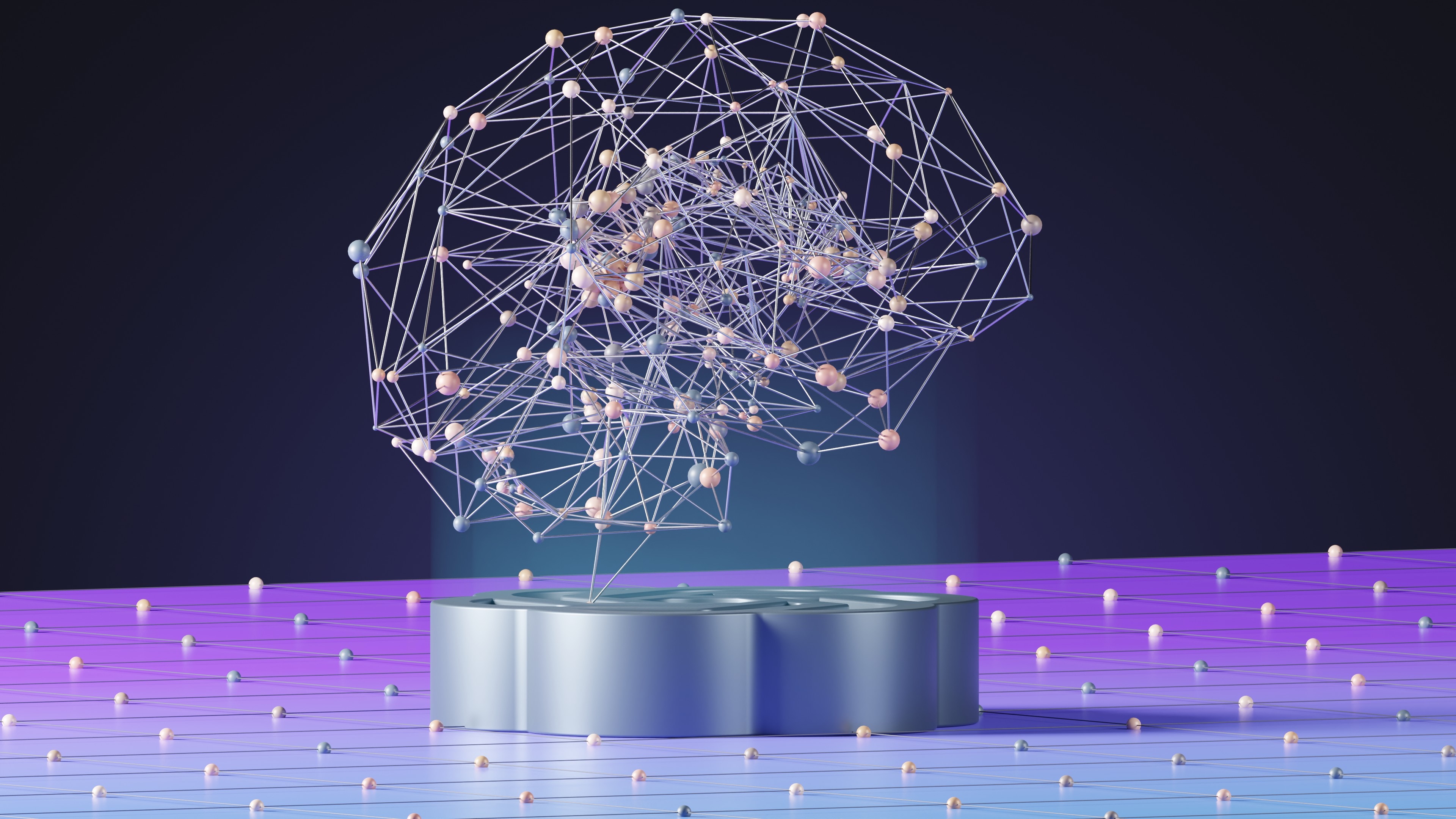22 de mar. de 2023
|
4
min de leitura
Artificial intelligence (AI) has emerged as a transformative force in the modern world, revolutionizing industries and reshaping our daily lives.
From self-driving cars to virtual assistants, AI is rapidly infiltrating our society, raising both excitement and apprehension about its potential impact.
As AI continues to evolve, it is crucial to explore its future trajectory, its potential benefits, and the challenges it poses.
AI's Expanding Reach and Applications
AI's reach is expanding exponentially, permeating various sectors and shaping the course of technological innovation. In healthcare, AI is assisting in medical diagnosis, drug discovery, and personalized treatment plans.
In finance, AI is automating complex tasks, enhancing risk management, and driving financial inclusion. In logistics and supply chains, AI is optimizing routing, predicting demand patterns, and reducing inefficiencies.
And in our personal lives, AI powers virtual assistants, personalized recommendations, and intelligent language translation.
AI's Promise of Enhanced Efficiency and Automation
AI's ability to process vast amounts of data, identify patterns, and make predictions holds immense potential for enhancing efficiency and automation across various industries.
By automating repetitive tasks and optimizing processes, AI can free up human workers to engage in more creative, strategic, and empathetic endeavors.
This shift in labor dynamics could revolutionize the workplace, leading to increased productivity, reduced costs, and improved customer experiences.
AI's Ethical Implications and Responsible Development
As AI becomes increasingly integrated into society, it is essential to consider its ethical implications and ensure its responsible development.
Issues of bias, algorithmic accountability, and potential misuse of AI raise concerns about fairness, transparency, and individual privacy.
It is imperative to establish clear ethical guidelines, foster responsible innovation, and build trust in AI systems to mitigate these risks and maximize their benefits.
Navigating the Future of AI with Sustainability and Social Responsibility
The future of AI also demands a focus on sustainability and social responsibility.
AI should be harnessed to address pressing global challenges, such as climate change, resource scarcity, and social inequality.
AI-powered solutions can optimize energy consumption, improve agricultural practices, and enhance healthcare access, contributing to a more sustainable and equitable world.
The Collective Responsibility to Shape AI's Future
The future of AI is not predetermined; it will be shaped by the decisions we make today.
As individuals, organizations, and governments, we have a collective responsibility to ensure that AI is developed and deployed for the betterment of humanity.
This includes fostering collaboration, promoting open dialogue, and investing in education and research to ensure that AI serves as a force for good in the world.
Conclusion
In conclusion, AI's transformative potential is undeniable, offering a pathway to a more efficient, automated, and personalized future.
However, we must carefully navigate its ethical implications, promote responsible development, and harness its power for sustainability and social good.
By embracing AI responsibly, we can shape a future where technology empowers and enhances human life.

